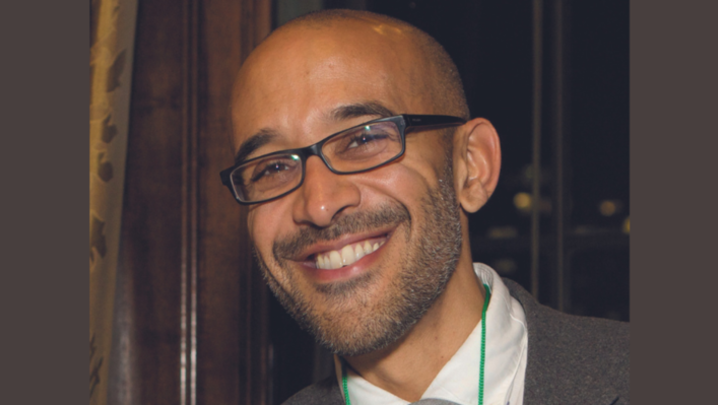“There is a mental health crisis in the industry,” said Sophie Freeman, sharing the findings of The Film and TV Charity’s ‘Looking Glass 2022’ report at an RTS West of England event in May to mark Mental Health Awareness Week.
The event – led by Freeman, Engagement Producer for both The Film and TV Charity and at Bristol’s BBC Studios – looked at how TV productions can become more mentally healthy.
In 2022, 29% of respondents said they had considered taking their own life during the year. “That’s almost one in three people,” Freeman pointed out. “We’re all bound to know someone.”
The Film and TV Charity offers a range of support to help combat this crisis, including a free 24-hour support line, grants and financial advice.
“We’ve got… reactive support for people, which is unfortunately very necessary at the moment,” Freeman said. “But what we’re also trying to do is take preventative action… so that support isn’t as needed.”
The support includes the Whole Picture Toolkit, a website full of resources to make all stages of production more mentally healthy, which Freeman described as “co-designed by the industry, for the industry”.
Zoe Brandon, Head of Production at Offspring Films, has been using the toolkit for about two years.
Her first step was to identify herself as the person who would be responsible for implementing the toolkit.
“I set about working on a wellbeing plan for Offspring,” she said. “I did that by systematically working through the toolkit and taking the bits and pieces… that were relevant to us.”
Brandon highlighted the “working well with me” form as a key tool, which asks crew members how best they can be supported. “It’s such a useful resource about what works for you.”
Overall, the situation seems to be moving in the right direction, she said: “[Company culture has] changed so much in the past few years – really, since we’ve implemented this [toolkit].
“There weren’t any conversations happening about mental health [before], and none of us really would have known… how to help someone who was struggling.”
Although the ‘Looking Glass’ report may be a sobering reminder of the mental health crisis in TV and film, it also offers hope – 80% of respondents sensed a positive change in the industry’s capability to provide support.







